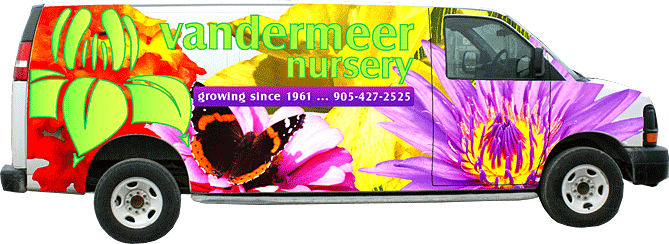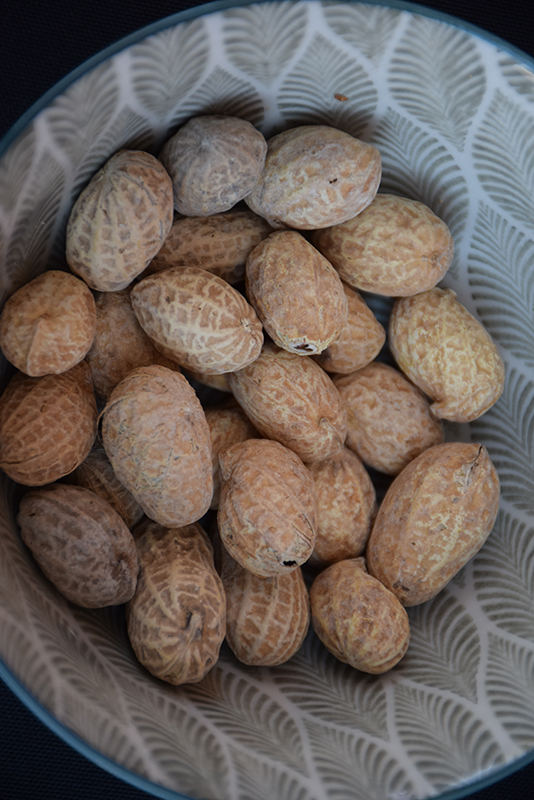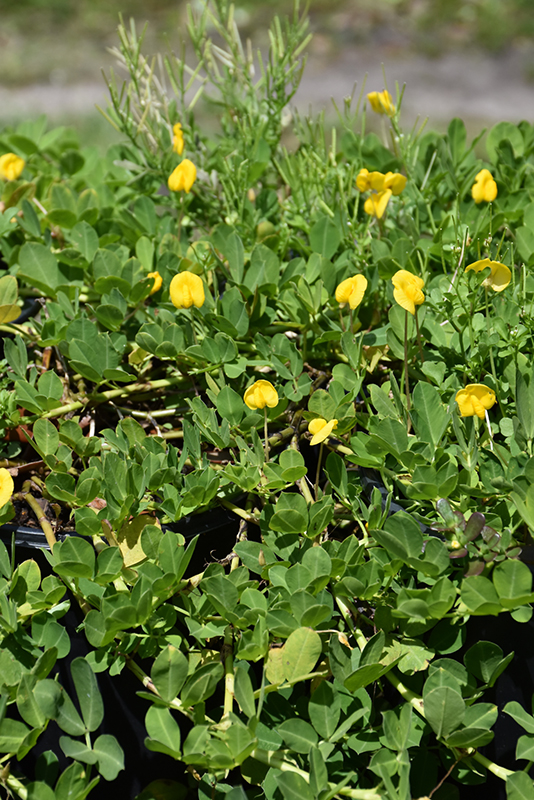VANDERMEER
PLANT LIBRARY
Find the perfect plant for your space by browsing through this extensive selection that we typically carry every year.
This library is for information purposes only.
Height: 20 inches
Spacing: 18 inches
Sunlight:
![]()
Hardiness Zone: (annual)
Other Names: Groundnut, Goober
Description:
A perennial legume that is primarily raised as an annual, crop producing plant; appears like a small sweet pea bush, featuring yellow flowers from early to late summer; seed pods (peanuts) are harvested from the ground in fall; not very ornamental
Edible Qualities
Peanut is a perennial that is commonly grown for its edible qualities. It produces tan oval seeds which are typically harvested when mature. The seeds have an earthy taste with a firm texture and a distinctive fragrance.
The seeds are most often used in the following ways:
- Fresh Eating
- Eating When Cooked/Prepared
- Baking
Planting & Growing
Peanut will grow to be about 20 inches tall at maturity, with a spread of 24 inches. When grown in masses or used as a bedding plant, individual plants should be spaced approximately 18 inches apart. Its foliage tends to remain dense right to the ground, not requiring facer plants in front. Although it's not a true annual, this plant can be expected to behave as an annual in our climate if left outdoors over the winter, usually needing replacement the following year. As such, gardeners should take into consideration that it will perform differently than it would in its native habitat. This is a self-pollinating variety, so it doesn't require a second plant nearby to set fruit.
This plant can be difficult to integrate into a landscape or flower garden, and is best grown in a designated edibles garden. It should only be grown in full sunlight. It does best in average to evenly moist conditions, but will not tolerate standing water. This plant is capable of fixing its own nitrogen, which means that it is effectively self-fertilizing. As a result it should not require supplemental fertilizing, and if you do fertilize it, be sure to only use a low-nitrogen fertilizer to promote root growth. It is not particular as to soil pH, but grows best in sandy soils. It is quite intolerant of urban pollution, therefore inner city or urban streetside plantings are best avoided. This species is not originally from North America..
Peanut is a good choice for the edible garden, but it is also well-suited for use in outdoor pots and containers. It can be used either as 'filler' or as a 'thriller' in the 'spiller-thriller-filler' container combination, depending on the height and form of the other plants used in the container planting. Note that when growing plants in outdoor containers and baskets, they may require more frequent waterings than they would in the yard or garden.






